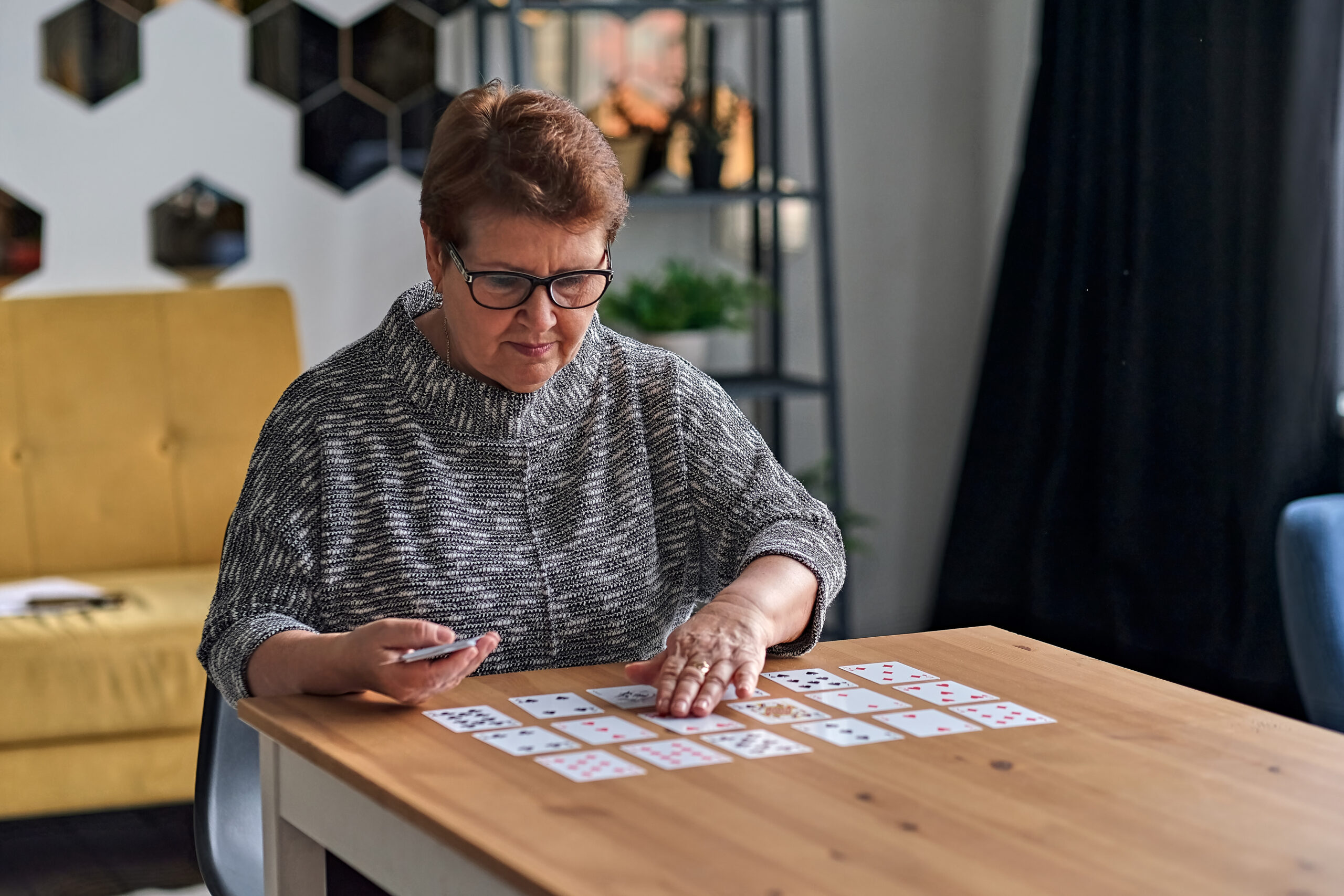Techniques to improve communication with dementia patients
Communicating with someone who has dementia can be challenging, but there are simple techniques that make it easier and more meaningful for both of you. The key is to be patient, clear, and gentle.
Start by using **simple and clear language**. Avoid long or complicated sentences. Speak slowly and clearly, using short phrases that are easy to understand. Give the person plenty of time to process what you’ve said and respond without rushing them.
Make sure you have their attention before speaking. This means getting eye contact and minimizing distractions around you so they can focus on your words. Sometimes a gentle touch on the hand or shoulder can help connect before starting a conversation.
Listening carefully is just as important as talking. People with dementia may use words that seem mixed up or confusing at first, but if you pay close attention—especially considering their past experiences—you might find clues about what they’re trying to say.
Non-verbal communication plays a big role too. Watch their facial expressions, tone of voice, and body language because these often reveal how they feel even when words don’t come easily. Respond with warm smiles, calm gestures, and reassuring touches to show empathy.
When difficult situations arise—like repeated questions or moments of confusion—respond calmly without showing frustration. For example:
– If they ask the same question multiple times, answer patiently each time or write down the answer for them to see.
– If they experience delusions or hallucinations (which feel very real to them), don’t argue; instead validate their feelings by saying things like “That sounds scary” then gently redirect their attention.
– If agitation occurs, try identifying what’s causing distress such as pain or fear; speak softly and offer comfort while giving space if needed.
Consistency in how everyone communicates with the person helps create a safe environment where they feel understood over time.
Finally, caregivers should remember it’s okay to take breaks when feeling overwhelmed because your emotions affect how well communication works. Seeking support from others who understand dementia care can provide helpful ideas and encouragement along this journey.
By focusing on kindness, patience, simplicity in speech—and paying close attention beyond just words—you build bridges that help maintain connection despite memory challenges faced by those living with dementia.





